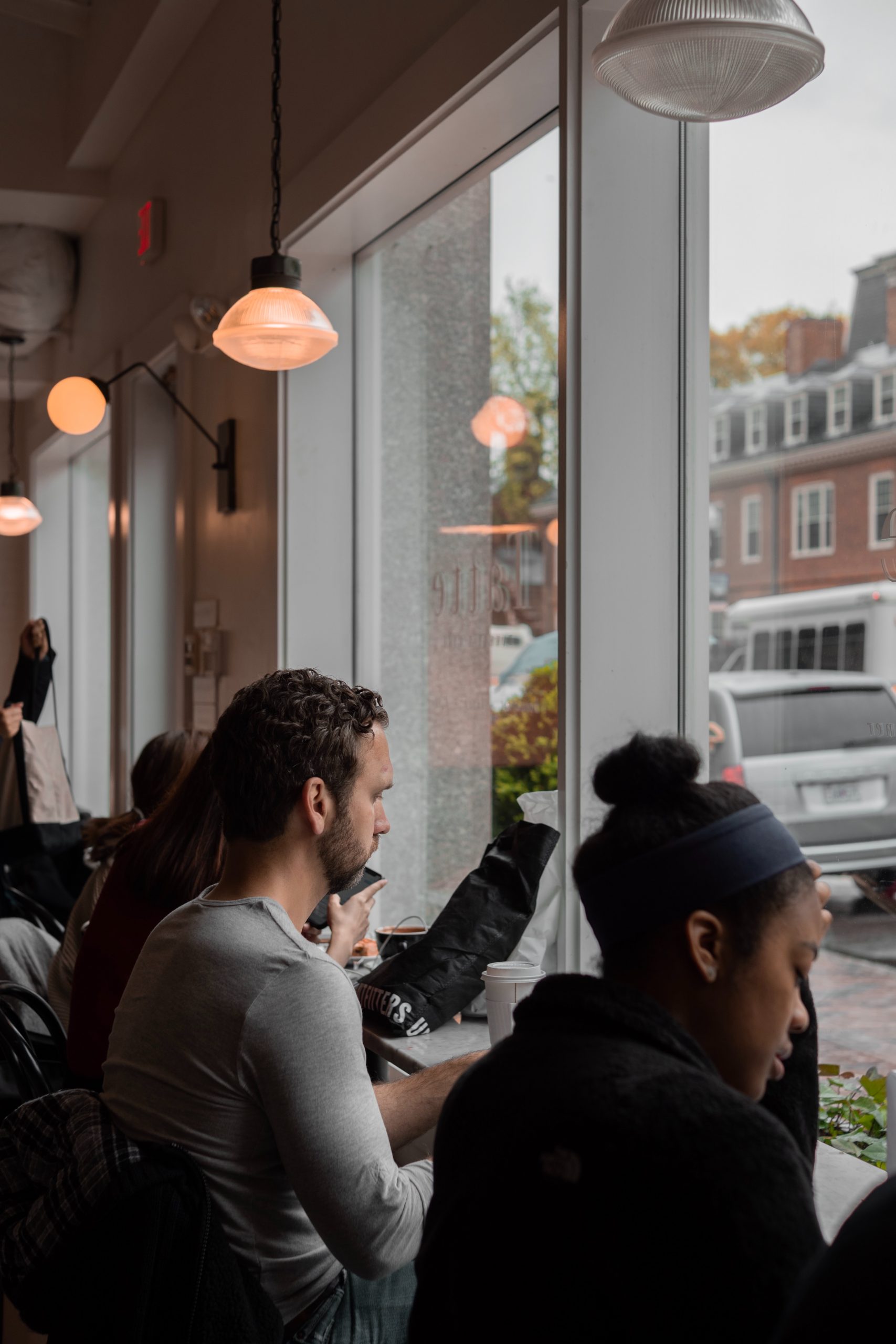In today’s blog post, we are happy to bring our readers some very exciting news.
On April 26, 2021, the Department of State formally announced a new National Interest Determination for certain categories of nonimmigrant visa applicants currently unable to enter the United States due to COVID-19 related Regional Presidential Proclamations issued earlier this year. This new determination will allow certain travelers to obtain their visas and enter the United States, despite the issuance of COVID-19 related Regional Presidential Proclamations, known as Presidential Proclamations 9984, 9992, and 10143.
These Proclamations were issued early last year to prevent the rapid spread of COVID-19 to the United States, specifically from China, Iran, Brazil, South Africa, the Schengen countries, the United Kingdom, and Ireland.
Such Proclamations had the effect of restricting and suspending the entry into the United States, of both immigrants and nonimmigrants, who were physically present within the Schengen Area, Brazil, China, the United Kingdom, Ireland, South Africa, and Iran, during the 14-day period preceding their entry or attempted entry into the United States. Few categories of individuals were exempted from these Presidential Proclamations, including lawful permanent residents of the United States (green card holders), spouses of U.S. Citizens or lawful permanent residents, and others who were similarly exempted.
Individuals who have not been specifically exempted from the Regional Proclamations and have remained physically present in the impacted regions, have been unable to proceed with visa processing. Consulates worldwide have refused to grant visas to these individuals due to the enforcement of the Proclamations.
 Visa Lawyer Blog
Visa Lawyer Blog













